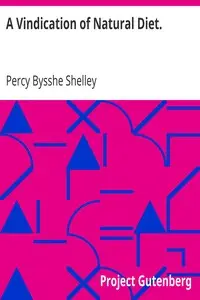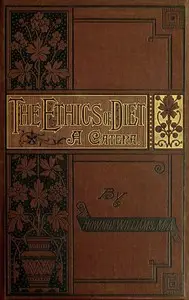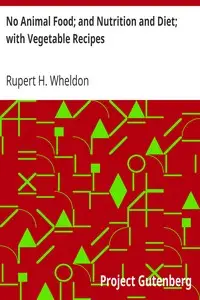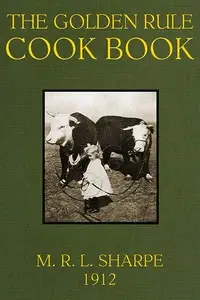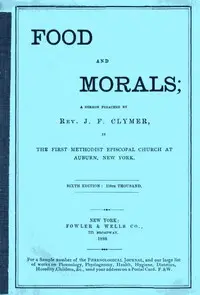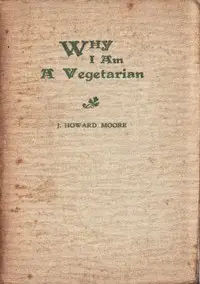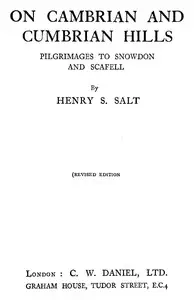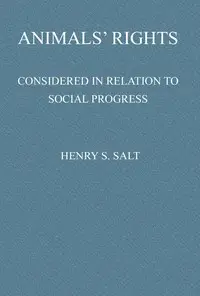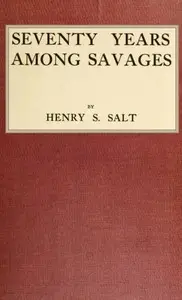"The Logic of Vegetarianism: Essays and Dialogues" by Henry S. Salt is a compilation of writings from the late 1800s that examines the reasons and moral questions surrounding vegetarianism, addressing common arguments from those who eat meat. It presents a complete and rational explanation of vegetarianism as a moral philosophy that questions everyday social behaviors, and not only as a food choice. The author begins by stating his goal to clarify vegetarianism, setting it apart from errors and criticisms that he plans to debate through conversation. He introduces the concept that, while vegetarianism has grown, many misunderstand its main ideas and moral consequences. Salt criticizes the responses he previously received from opponents, pointing out their misunderstandings of vegetarian beliefs, while emphasizing the need to debate both the moral effects of eating meat and the logical errors often used by critics. The book starts with a tone of intellectual accuracy and builds vegetarianism as a fair and morally sound way of life to be defended against common misunderstandings.
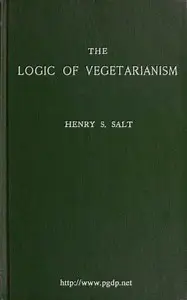
The Logic of Vegetarianism: Essays and Dialogues
By Henry S. Salt
Challenge everything you think you know about food as a collection of essays and dialogues debates the ethics of eating meat and dares to defend a revolutionary plant-based lifestyle.
Summary
About the AuthorHenry Shakespear Stephens Salt was a British writer and campaigner for social reform in the fields of prisons, schools, economic institutions, and the treatment of animals. He was a noted ethical vegetarian, anti-vivisectionist, socialist, and pacifist, and was well known as a literary critic, biographer, classical scholar and naturalist. It was Salt who first introduced Mohandas Gandhi to the influential works of Henry David Thoreau, and influenced Gandhi's study of vegetarianism. Salt is considered, by some, to be the "father of animal rights", having been one of the first writers to argue explicitly in favour of animal rights, rather than just improvements to animal welfare, in his book Animals' Rights: Considered in Relation to Social Progress (1892).
Henry Shakespear Stephens Salt was a British writer and campaigner for social reform in the fields of prisons, schools, economic institutions, and the treatment of animals. He was a noted ethical vegetarian, anti-vivisectionist, socialist, and pacifist, and was well known as a literary critic, biographer, classical scholar and naturalist. It was Salt who first introduced Mohandas Gandhi to the influential works of Henry David Thoreau, and influenced Gandhi's study of vegetarianism. Salt is considered, by some, to be the "father of animal rights", having been one of the first writers to argue explicitly in favour of animal rights, rather than just improvements to animal welfare, in his book Animals' Rights: Considered in Relation to Social Progress (1892).

